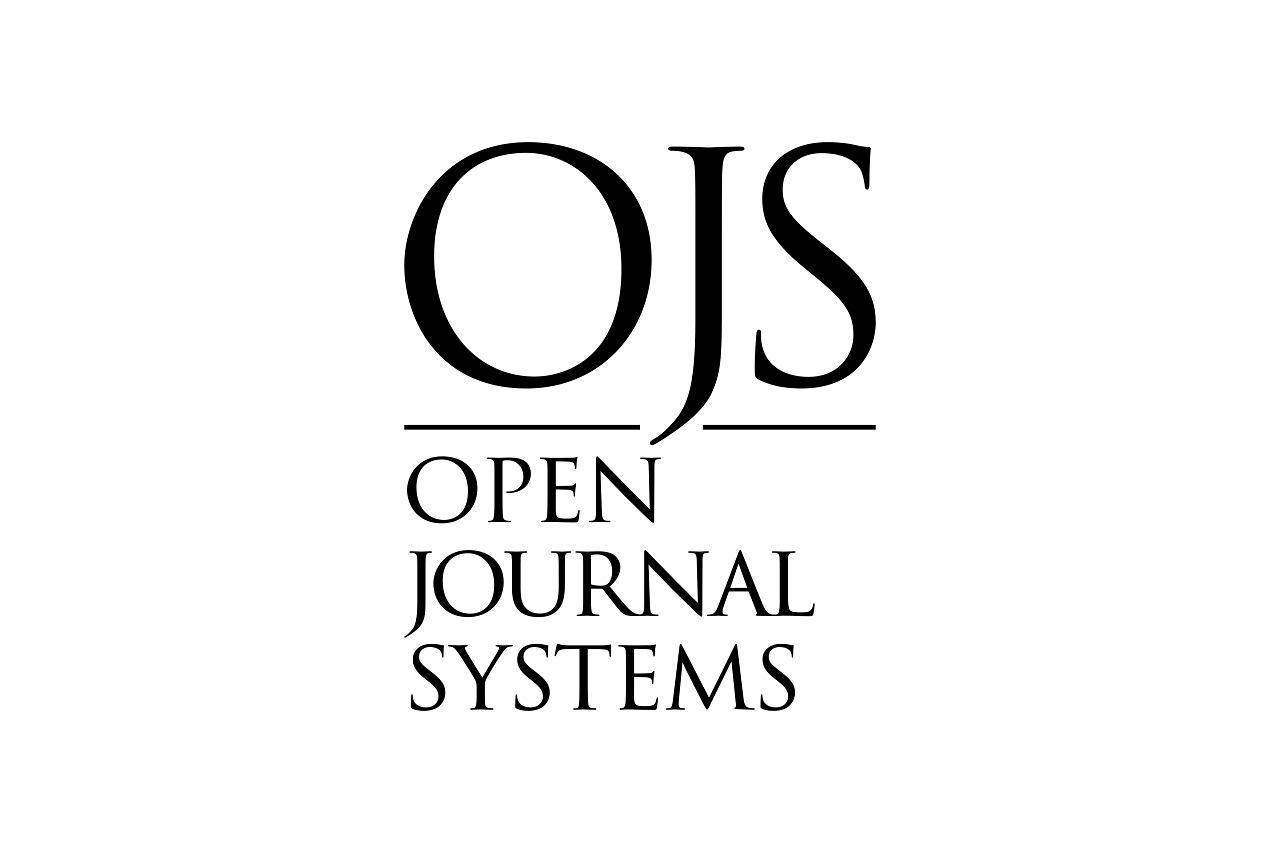COOPERATION BETWEEN TURKEY AND THE EUROPEAN UNION DURING THE COLD WAR (1947-1991)
DOI:
https://doi.org/10.52123/1994-2370-2025-1321Keywords:
Turkey, westernization, Cold war, European Union, Common Market, association, the Ankara Agreement, Cyprus crisis.Abstract
This article examines the cooperation between Turkey and the European Union during the Cold War (1947-1991), focusing on the key aspects of their political, economic, and military ties. In the context of the rivalry between two global systems, Turkey sought to enhance its security and international status by actively pursuing closer relations with the West. The analysis highlights significant agreements, such as the Mutual Assistance Agreement (1952) and Turkey's subsequent entry into NATO, which marked a crucial step towards integration into Western structures. The article investigates the factors that facilitated this cooperation, including Turkey's fear of Soviet expansion, the geopolitical importance of the region, and the West's desire to strengthen its position in the Middle East. Special attention is given to the role of the European Union, which, despite its initial economic focus, became a key player in shaping Turkey's military and political strategy. The consequences of this cooperation for Turkey's domestic politics and social structure are also explored. A comparative analysis of different periods during the Cold War allows for the identification of changes in approaches of both parties toward cooperation and their impact on the current state of relations. In conclusion, it is emphasized that the interaction between Turkey and the EU during this period laid an important foundation for the development of their relationship, which remains relevant in the context of contemporary challenges. The article draws on a wide range of materials and publications, allowing for nuanced conclusions about the complexity and multi-layered nature of this cooperation.
 : 587
: 587
 : 84
: 84
Downloads
Published
How to Cite
Issue
Section
License

This work is licensed under a Creative Commons Attribution-NonCommercial-NoDerivatives 4.0 International License.























